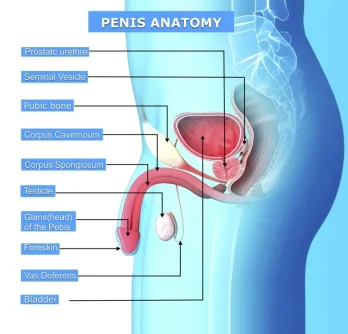Nelson Vergel
Founder, ExcelMale.com

Introduction
Late-onset hypogonadism may impair quality of life and contribute to metabolic and cardiovascular comorbidity in aging men. Testosterone replacement therapy is effective in treating hypogonadism. However, for the millions of men with a history of prostate cancer, exogenous testosterone has long been considered contraindicated, even though little data in such men are available. Clarification of this safety issue could allow treatment to be considered for a sizeable segment of the aging male population.
Aim The aim of this study is to examine population-based utilization and impact of testosterone replacement therapy in men with prostate cancer.
Methods Using linked Surveillance, Epidemiology, and End Results-Medicare data, we identified 149,354 men diagnosed with prostate cancer from 1992 to 2007. Of those, 1,181 (0.79%) men received exogenous testosterone following their cancer diagnosis. We used propensity scoring analysis to examine the effect of testosterone replacement on the use of salvage hormone therapy and overall and prostate cancer-specific mortality.
Main Outcome Measures We assessed overall mortality, cancer-specific mortality, and the use of salvage hormone therapy.
Results Following prostate cancer diagnosis, testosterone replacement was directly related to income and educational status and inversely related to age (all P < 0.001). Men undergoing radical prostatectomy and men with well-differentiated tumors were more likely to receive testosterone (all P < 0.001). On adjusted analysis, testosterone replacement therapy was not associated with overall or cancer-specific mortality or with the use of salvage hormone therapy.
Conclusions In this population-based observational study of testosterone replacement therapy in men with a history of prostate cancer, treatment was not associated with increased overall or cancer-specific mortality. These findings suggest testosterone replacement therapy may be considered in men with a history of prostate cancer, but confirmatory prospective studies are needed.
Source
Last edited:














